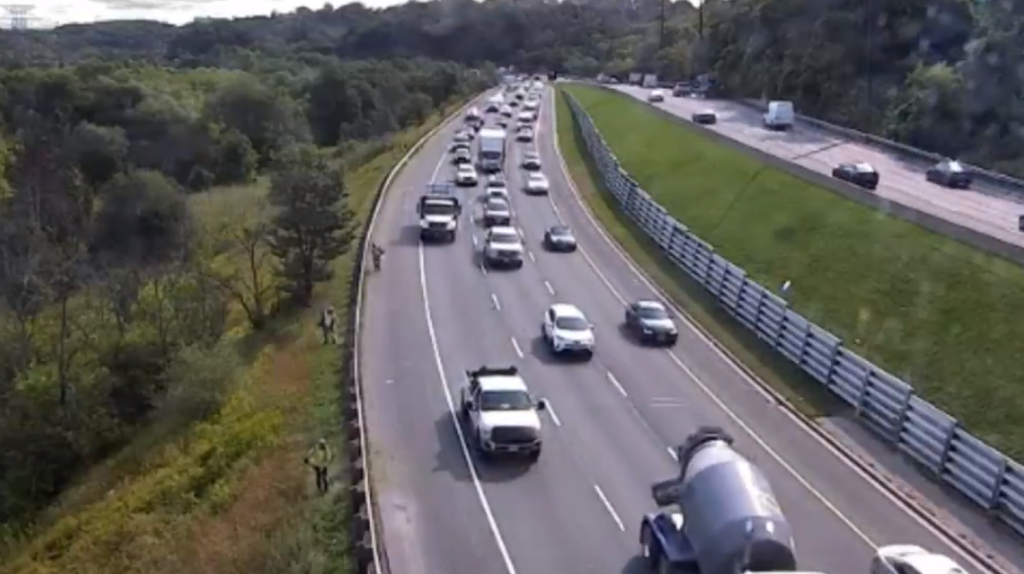UK Treasury chief warns of depth of recession

Posted July 9, 2020 7:13 am.
Last Updated July 9, 2020 7:24 am.
LONDON — The U.K.’s Treasury chief acknowledged Thursday that the country faced unprecedented economic times, entering one of the most severe recessions it has ever seen as it emerges from the COVID-19 pandemic.
A day after revealing his spending plans to boost the economy in a mini-budget, Rishi Sunak sought to sell his ideas to the nation – particularly the expensive program to help furloughed employees to return to work after the government program now paying them expires.
Under this plan, the government will pay companies a 1,000-pound bonus for each employee they take back. But it could cost the Treasury as much as 9.4 billion pounds, and critics are wondering whether it makes sense.
Though he acknowledged he couldn’t save every job, Sunak told the BBC he was “throwing everything,’’ he could at stemming the losses.
“We are entering one of the most severe recessions this country has ever seen,’’ Sunak told the BBC. “That is of course going to have a significant impact on unemployment and on job losses. I am acting to try and mitigate as much of that as possible.’’
The gloomy prediction was underscored by the respected think-tank , the Institute for Fiscal Studies, which questioned whether the billions of extra spending announced would offer value for money. The institute’s director, Paul Johnson, warned that a “reckoning, in the form of higher taxes” would have to come eventually.
“Even in a crisis we shouldn’t ignore the basics,” he said. “A lot, probably a majority, of the job retention bonus money will go in respect of jobs that would have been, indeed already have been, returned from furlough anyway.”
The furlough program was one of several measures being tried by Prime Minister Boris Johnson’s government to ease unemployment as a result of the pandemic.
The government hopes employers will help get the country back on track during a severe downturn – in March and April alone, the U.K. economy shrank 25%. Many economists think unemployment could more than double to over 3 million this year, to levels last seen in the 1980s.
Danica Kirka, The Associated Press










